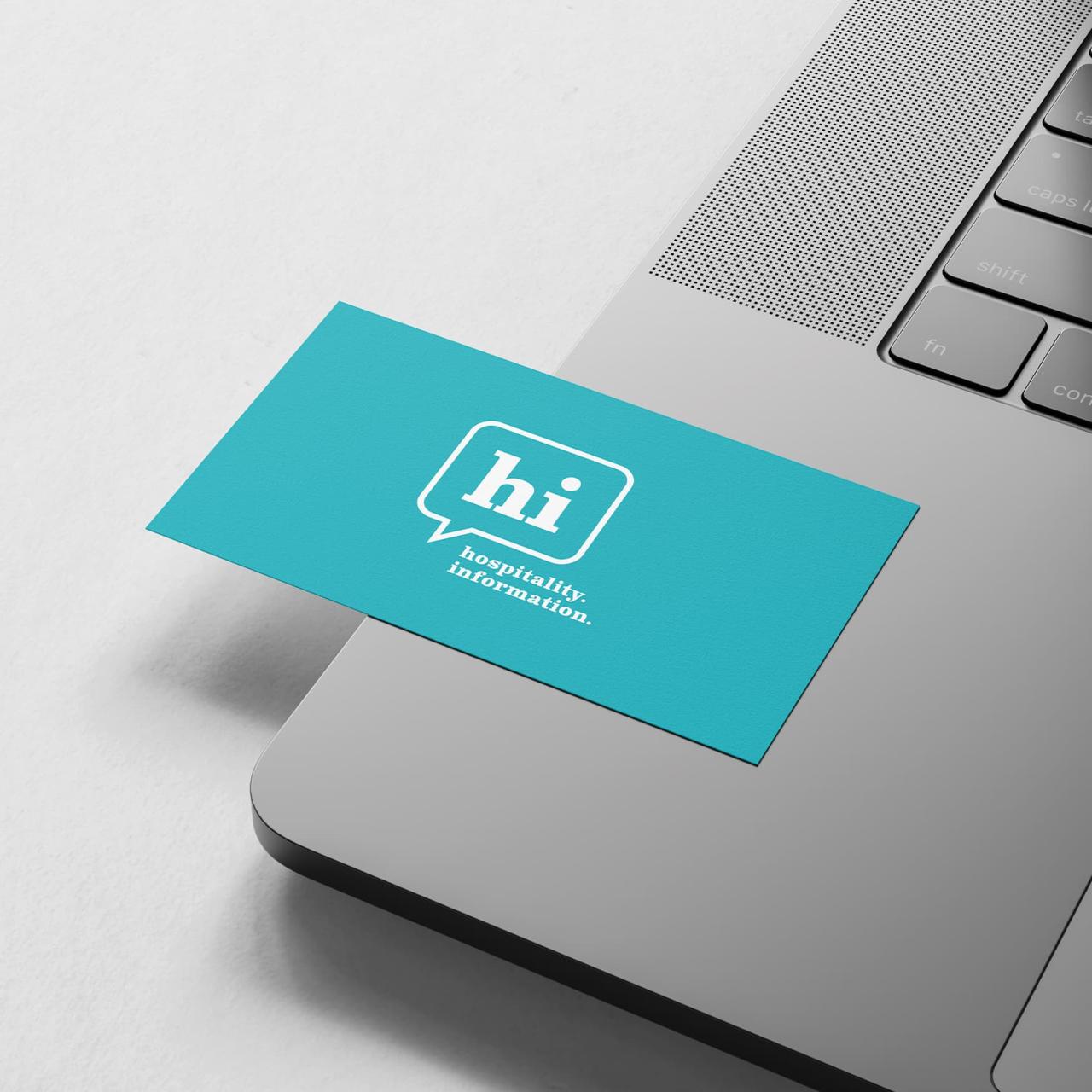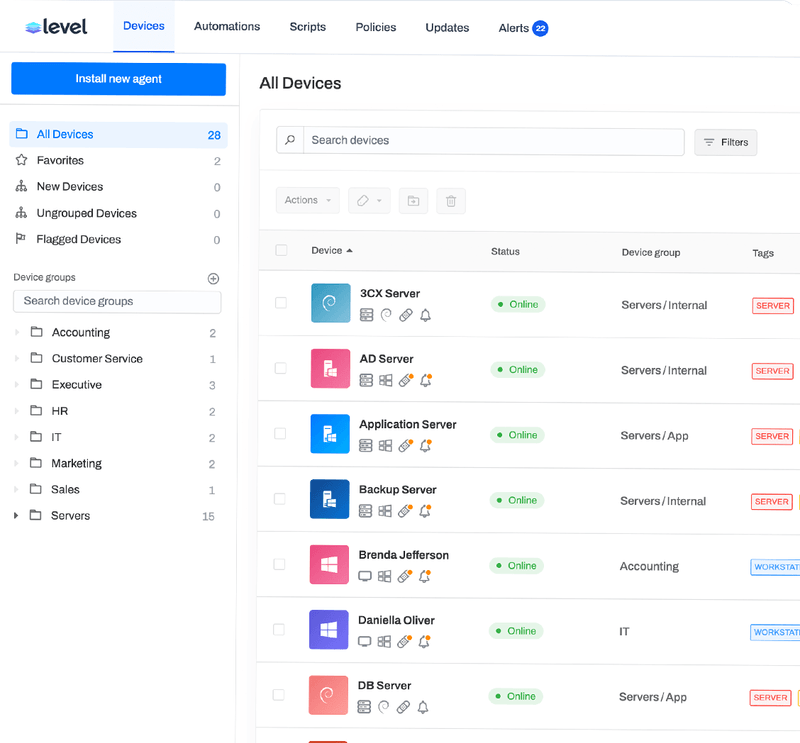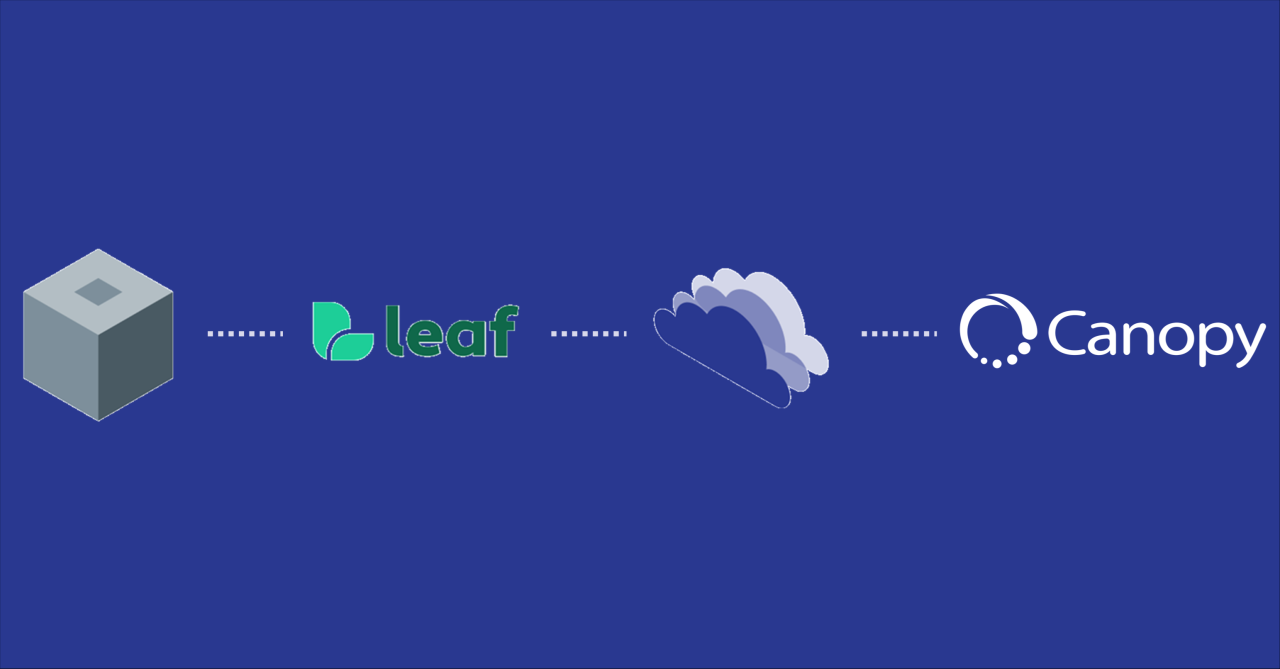Hospitality RMM Use takes center stage, showcasing its transformative power in the hospitality sector. As hotels and restaurants navigate an increasingly competitive landscape, the implementation of Remote Monitoring and Management (RMM) tools becomes crucial. These innovative technologies not only streamline operations but also significantly enhance guest experiences, ensuring that establishments stay ahead of the curve.
The significance of Hospitality RMM Use lies in its diverse applications, from managing IT systems to optimizing service delivery. With the right RMM strategies in place, hospitality businesses can unlock numerous benefits, including increased efficiency, improved communication, and enhanced customer satisfaction. This overview delves into the essential tools, best practices, and future trends surrounding RMM in hospitality, painting a comprehensive picture of its impact on the industry.
Understanding Hospitality RMM Use
In the rapidly evolving hospitality industry, the implementation of Remote Monitoring and Management (RMM) tools has become increasingly vital. RMM use in hospitality encompasses a range of technologies designed to optimize operations, enhance guest experiences, and drive profitability. Understanding how these tools work and their significance can lead to transformative outcomes for hotels and restaurants alike.RMM tools in hospitality settings serve a variety of functions that contribute to streamlined operations and improved customer service.
These tools can monitor systems in real time, manage IT infrastructure remotely, and automate routine tasks. By leveraging RMM, establishments can ensure that their technology runs smoothly, enhancing overall service delivery and operational efficiency.
Applications of RMM Tools in Hospitality
The versatility of RMM tools allows them to be applied in numerous ways within the hospitality sector. These applications help address unique challenges faced by hotels and restaurants, leading to more efficient operations.
- System Monitoring: RMM tools continuously monitor critical systems such as HVAC, POS, and network infrastructure. This proactive approach helps in identifying and resolving issues before they affect guest experiences.
- Data Analytics: Hospitality RMM solutions can analyze data trends, providing insights into customer preferences and operational efficiencies. This information assists in making informed decisions regarding service enhancements and marketing strategies.
- Remote IT Support: With RMM, IT support teams can diagnose and fix issues remotely, minimizing downtime and ensuring that staff have access to necessary resources without delays.
- Automated Updates and Maintenance: Routine maintenance tasks, such as software updates and backups, can be automated, ensuring that systems are always up-to-date and secure.
- Guest Engagement: RMM tools can facilitate better communication with guests through automated messaging systems, allowing for personalized interactions and enhanced service delivery.
Benefits of Implementing RMM Strategies for Hotels and Restaurants
The adoption of RMM strategies offers several benefits that can significantly impact the hospitality industry. These advantages not only streamline operations but also elevate the guest experience.
Understanding how to Track Assets via RMM enables organizations to maintain better control over their resources. With the integration of remote monitoring tools, businesses can pinpoint asset locations and statuses in real time. This capability not only prevents losses but also optimizes utilization, ensuring that every asset contributes effectively to overall business goals.
- Increased Operational Efficiency: By automating routine tasks and providing real-time system monitoring, RMM tools reduce the workload on staff, allowing them to focus on delivering exceptional guest service.
- Cost Savings: Proactive monitoring helps to prevent costly downtimes and system failures. This leads to reduced repair costs and improved resource allocation.
- Enhanced Guest Experience: With RMM tools, hotels and restaurants can anticipate and address guest needs more effectively, leading to higher satisfaction rates and repeat business.
- Improved Security: RMM solutions provide robust security measures, ensuring that sensitive guest information is protected and minimizing the risk of data breaches.
- Scalability: RMM tools can easily scale to accommodate growth, allowing establishments to expand their services and locations without compromising on operational effectiveness.
“Utilizing RMM tools in hospitality not only streamlines operations but also enhances the guest experience, creating a win-win for both service providers and patrons.”
Tools and Technologies for RMM in Hospitality: Hospitality RMM Use

The hospitality industry has seen significant advancements due to the incorporation of Remote Monitoring and Management (RMM) tools. These technologies enhance operational efficiency, streamline processes, and improve guest experiences by providing real-time data and insights. This section delves into popular RMM tools used in the hospitality sector, focusing on their features, functionalities, and integration with existing hotel management systems.
Popular RMM Tools in the Hospitality Sector
Numerous RMM tools cater specifically to the needs of the hospitality industry, offering a variety of features that enhance service delivery, operational oversight, and guest satisfaction. Below is a list of notable RMM platforms:
- ConnectWise Automate
- Pulseway
- Datto RMM
- SolarWinds MSP
- Atera
- ManageEngine RMM Central
Each of these platforms provides unique functionalities designed to meet the specific demands of hospitality operations.
Comparison of RMM Platforms, Hospitality RMM Use
To facilitate a better understanding of the capabilities of various RMM tools, a comparison table is presented below. It highlights key features and functionalities that differentiate each platform.
| RMM Tool | Real-Time Monitoring | Automated Alerts | Reporting & Analytics | Integrations |
|---|---|---|---|---|
| ConnectWise Automate | Yes | Yes | Advanced | Multiple hotel management systems |
| Pulseway | Yes | Customizable | Standard | API available for integration |
| Datto RMM | Yes | Standard | Comprehensive | Limited |
| SolarWinds MSP | No | Yes | Standard | Multiple integrations |
| Atera | Yes | Yes | Basic | Various integrations available |
| ManageEngine RMM Central | Yes | Yes | Standard | Easy integration with existing systems |
This table serves as a quick reference for hospitality professionals seeking the right RMM solution to enhance their operations.
Integration of RMM Software with Hotel Management Systems
The integration of RMM software with existing hotel management systems is crucial for optimizing operational efficiency. A seamless connection between these tools allows for enhanced data sharing, ensuring that any issues in IT infrastructure can be resolved promptly, thus minimizing disruption to guest services. Integrating RMM solutions with hotel management systems provides comprehensive insights that are essential for proactive maintenance and operational effectiveness.
This synergy enables hotel staff to monitor key metrics, manage resources effectively, and improve overall guest experiences.
“Integrating RMM tools with hotel management systems transforms the way hospitality businesses operate, allowing for real-time insights that lead to improved service delivery.”
The Future of RMM is poised to transform the way businesses manage their resources, leveraging advanced technologies. As organizations increasingly adopt remote monitoring and management solutions, they can expect improved efficiency and streamlined operations. This shift not only enhances productivity but also provides valuable insights into operational dynamics, setting the stage for smarter decision-making in the near future.
To achieve successful integration, hotels must consider compatibility with existing software, the ability to customize alerts, and the provision for training staff to utilize these technologies effectively. This strategic approach to RMM deployment is essential for hospitality enterprises aiming to stay competitive in a rapidly evolving market.
Best Practices for Effective RMM Implementation

Implementing Remote Monitoring and Management (RMM) solutions in hospitality businesses can significantly enhance operational efficiency and guest satisfaction. However, to fully leverage these technologies, it is crucial to follow a structured approach that ensures successful integration into existing workflows. This segment will Artikel key steps for effective RMM implementation, offer a checklist for hotel staff, and address common challenges alongside strategies for overcoming them.
Steps for Successful RMM Implementation
To successfully implement RMM practices, hospitality businesses can follow these essential steps:
1. Assess Current Infrastructure
Understand the existing technology landscape, including network capabilities, hardware, and software systems, to identify areas where RMM can add value.
2. Define Goals and Objectives
Clearly Artikel what the business aims to achieve with RMM, such as improving guest communication, automating maintenance tasks, or enhancing data analytics.
3. Select the Right RMM Tools
Research and choose RMM solutions that align with the identified goals and are user-friendly for staff. Look for features like remote access, automated reporting, and integration capabilities.
4. Develop a Training Plan
Create a comprehensive training program for staff that covers how to use the RMM tools effectively. Consider ongoing training sessions to keep staff updated on new features and best practices.
5. Implement Gradually
Roll out RMM solutions in phases to allow staff to adjust and provide feedback. This can help identify potential issues before full-scale implementation.
6. Monitor and Optimize Usage
After implementation, continuously monitor the effectiveness of RMM tools. Use analytics to assess performance and make necessary adjustments to improve outcomes.
Checklist for Hotel Staff Utilizing RMM Solutions
The following checklist serves as a guide for hotel staff to ensure effective use of RMM solutions:
Familiarity with Tools
Ensure all staff are trained on the RMM tools and understand their functions.
Regular Updates
Schedule regular updates for software and systems to maintain security and functionality.
Data Security Protocols
Implement best practices for data security, including password management and access controls.
Feedback Mechanism
Establish a method for staff to provide feedback about RMM tools to continually improve processes.
Documentation
Keep comprehensive records of all RMM-related activities, including maintenance logs and guest interactions.
Challenges During RMM Implementation and Strategies to Overcome Them
While implementing RMM solutions can offer numerous benefits, challenges may arise. Some common hurdles include:
Resistance to Change
Staff may be reluctant to adopt new technologies. To combat this, emphasize the benefits of RMM through training sessions and success stories.
Integration Issues
RMM tools might not seamlessly integrate with existing systems. To address this, conduct thorough research before selecting tools and consider solutions that offer robust integration capabilities.
Skill Gaps
Staff may lack the necessary skills to utilize RMM solutions effectively. Implement targeted training programs focused on hands-on experience with the new tools.
Budget Constraints
Limited budgets can hinder the adoption of advanced RMM solutions. Explore cost-effective tools that provide essential features and consider phased implementation to spread out costs.
“Successful RMM implementation requires careful planning, effective training, and ongoing support to ensure staff can fully utilize the new technologies.”
Future Trends in Hospitality RMM Use

The hospitality industry is on the brink of a transformative phase, driven by advancing technologies and shifting consumer expectations. As businesses increasingly adopt Remote Monitoring and Management (RMM) solutions, understanding emerging trends becomes vital. The integration of new technologies, particularly AI and machine learning, will significantly shape the future landscape of RMM in hospitality, enhancing operational efficiency and guest experiences.
Emerging Technologies in RMM
The rise of innovative technologies is revolutionizing RMM practices in hospitality. Among these, cloud computing plays a crucial role by enabling seamless data integration and facilitating real-time remote access to systems. This creates a more efficient environment that allows hospitality operators to monitor operations, troubleshoot issues, and implement solutions without being on-site. Additionally, the Internet of Things (IoT) is driving the adoption of smart devices across hotels, from temperature control systems to occupancy sensors, providing valuable data for RMM strategies.
Shifts in Consumer Expectations
As consumer preferences evolve, RMM solutions must adapt to meet these new expectations. Guests increasingly seek personalized experiences that leverage their data, driving a trend towards hyper-targeted service offerings. For example, hotels are utilizing RMM tools to analyze guest behavior patterns for tailored marketing strategies, such as sending personalized offers based on previous stays. Furthermore, the demand for transparency and immediate responses to inquiries and issues is pushing hotels to implement more proactive RMM systems that can quickly resolve potential problems before they impact the guest experience.
Impact of AI and Machine Learning on RMM Practices
The integration of artificial intelligence (AI) and machine learning into RMM practices is enhancing operational efficiency and guest satisfaction. These technologies enable predictive analytics, providing insights into potential equipment failures, thereby reducing downtime and maintenance costs. For instance, AI can predict when a heating system is likely to fail based on usage patterns, allowing preemptive action before it disrupts guest comfort.
Additionally, AI-driven chatbots are becoming standard in customer service, offering 24/7 assistance and significantly improving response times to guest inquiries, thereby enriching the overall guest experience.
“AI and machine learning are not just trends; they are becoming essential components in the operational framework of hospitality RMM, enabling smarter decision-making and improved service delivery.”